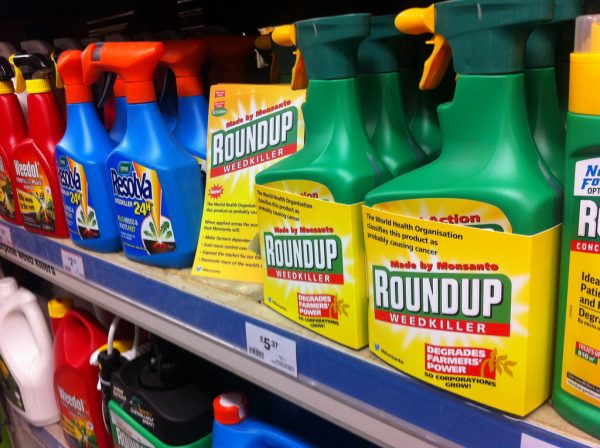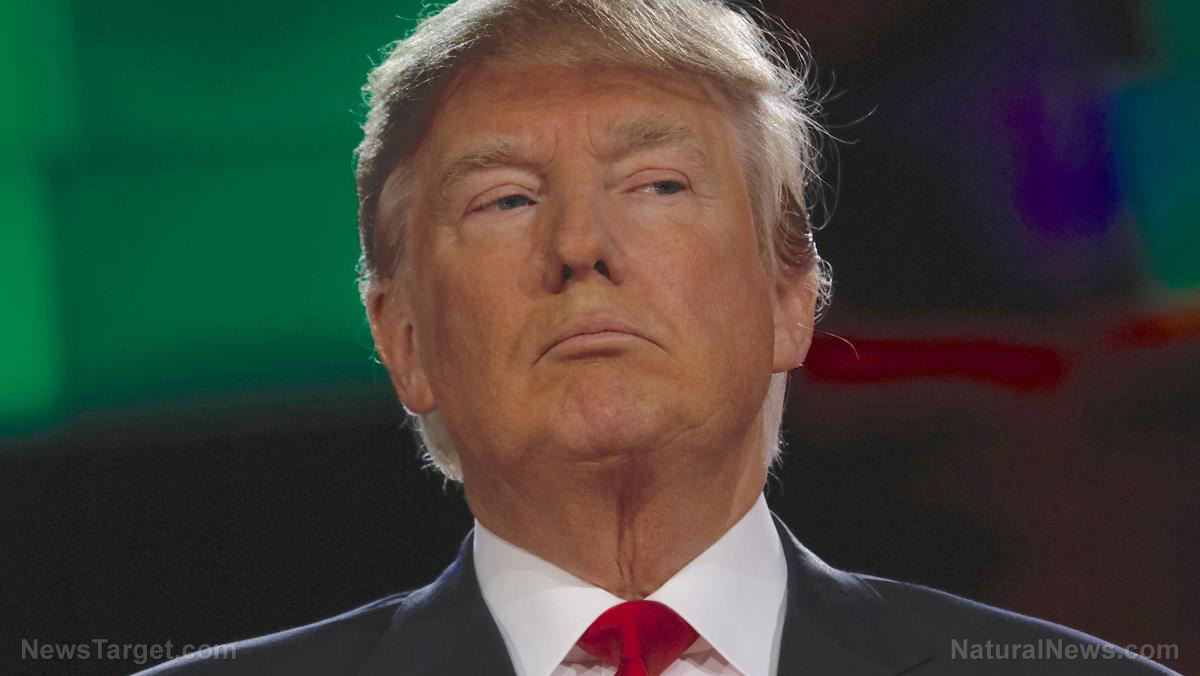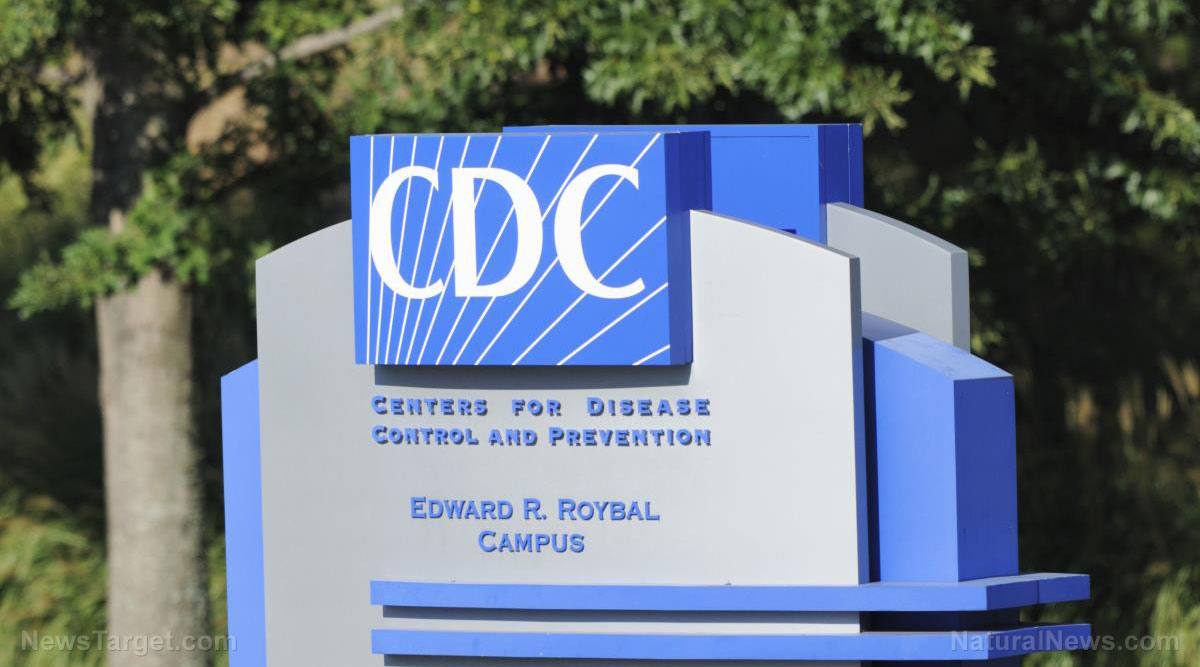Unsealed court documents prove EPA produces “fake science” to conceal extreme dangers of toxic herbicides
03/22/2017 / By Amy Goodrich

Glyphosate has been the subject of many heated debates. While the World Health Organization (WHO) has linked this controversial chemical — used in Monsanto’s best-selling Roundup weed killer — to cancer and other diseases, others firmly deny any potential risk.
Recently, the U.S. Right to Know website has revealed a series of bombshell court documents raising serious questions about the weed killer’s safety and the research practices of its producer. The unsealed documents exposed the friendly and “highly suspicious” relationship between Monsanto and the former Deputy Director of the Environmental Protection Agency (EPA), Jess Rowland.
The leaked documents, which bear Rowland’s signature, buried scientific evidence linking glyphosate herbicides to cancer in humans, thereby making sure toxic herbicides like Roundup remained approved by the EPA. The documents were discovered during a court filing by cancer patients who are suing Monsanto in San Francisco.
Big cover-ups in favor of the agricultural industry
Ever since the WHO declared glyphosate as a probable carcinogen, the industry has been trying to cover up the evidence of the cancer-causing properties of glyphosate through “fake science” reports. Last year, the EPA produced a report, overseen by Monsanto’s “mole” Jess Rowland, stating that glyphosate was “not likely to be carcinogenic.” A month later, after the report had been leaked to the media, it was quickly removed from the EPA’s website while Rowland quietly resigned a few days later.
At that time, Representative Barry Loudermilk (R-GA) of the House Science Committee, raised serious questions about the removal of the report and Rowland’s abrupt resignation. The EPA Administrator Gina McCarthy, however, carefully dodged all his questions, stating that the report was “a mistake that had caused all kinds of conspiracy theories to erupt.”
What’s more, Glyphosate.news also reported on a heartbreaking letter sent to Rowland in 2013 from a dying EPA toxicologist, Marion Copley, begging her colleagues to tell the truth about the dangers of glyphosate. The letter stated that based on the latest studies, glyphosate should be classified as a “probable carcinogen.” She listed more than a dozen health-damaging effects of glyphosate.
Furthermore, Copley accused Rowland of playing political games, intimidating staff members, and altering documents for the industry. Additionally, she also accused Anna B. Lowit, director of the EPA’s Office of Pesticide Programs, of taking bribes while engaging in science intimidation tactics to change the EPA’s conclusions about glyphosate in favor of Monsanto.
“For once in your life, listen to me and don’t play your political conniving games with the science to favor the registrants. For once do the right thing and don’t make decisions based on how it affects your bonus,” Copley said. “You and Anna Lowit intimidated staff on CARC and changed HIARC and HASPOC final reports to favor industry,” she added.
In the hope of safeguarding the world from glyphosate, Marion Copley signed off her letter with: “I have cancer, and I don’t want these serious issues in MED to go unaddressed before I go to my grave. I have done my duty.”
Thanks to outstanding investigative work at the U.S. Right to Know website, a backup of the original PDF of the court document, which also includes a copy of Marion Copley’s letter, can now be found at the Natural News archives.
Let us hope that these revelations come just in time to halt the European Commission’s decision to relicense the use of glyphosate for another 15 years. Last year, they agreed to temporarily extend glyphosate’s license pending further investigations.
Recently, the European Chemicals Agency’s (ECHA) risk assessment committee concluded that “the available scientific evidence did not meet the criteria to classify glyphosate as a carcinogen, as a mutagen, or as toxic for reproduction.”
Now, it is up to the European Commission to decide whether they will reauthorize glyphosate or finally put an end to the use of one of the world’s most toxic substances, poisoning millions of people worldwide.
Sources:
Submit a correction >>
Tagged Under:
cancer, EPA, glyphosate, glyphosate herbicide, GMO, herbicides, Monsanto, Roundup, weed killer
This article may contain statements that reflect the opinion of the author
RECENT NEWS & ARTICLES
COPYRIGHT © 2017 PENSIONS NEWS





















